How much does college success matter when it comes to the NFL? Does it at all? The Giants.com crew debates in this edition of Cover 3.
John Schmeelk: There are a couple of things to look at that are loosely interconnected. The school, itself, is relatively unimportant. For example, if a Ohio State quarterback from 20 years ago didn't work out in the NFL, it has nothing to do with how the latest Buckeyes quarterback will do.
In other ways, schools do matter. The school's conference/schedule determine the type of competition the prospects faced. And if a player emerges as a starter at a Power 5 program, there's a very good chance he's elite because he had to beat out other four- or five-star recruits to get on the field. In addition, some programs run certain systems or coach in a way that will allow players to be more NFL-ready than if they played college ball elsewhere. On the other hand, if there's a history of quarterbacks or receivers not working out in the NFL after putting up huge numbers in a college offense that looks nothing like a pro system, there might be some trepidation picking a player from that same offense. All of this means a decision is less about the school and more about the style of the program and coaching staff.
Dan Salomone: A blue-chip school will help get you drafted, but then it's up to the player and NFL organization from there. For example, the top 10 picks in the 2020 NFL Draft were from LSU (1), Ohio State (2), Georgia (1), Alabama (2), Oregon (1), Auburn (1), Clemson (1), and Florida (1). Now, let's look at some first-team All-Pros from 2020: QB Aaron Rodgers (Butte College/Cal), TE Travis Kelce (Cincinnati), WR Davante Adams (Fresno State), WR Stefon Diggs (Maryland), WR Tyreek Hill (West Alabama), LT David Bakhtiari (Colorado), DT Aaron Donald (Pittsburgh), LB Fred Warner (BYU), LB Bobby Wagner (Utah State), LB Darius Leonard (South Carolina State), K Jason Sanders (New Mexico), PR Gunner Olszewski (Bemidji State), and ST George Odum (Central Arkansas).
Coming from a powerhouse helps a player get his foot in the door. But once a player puts on the NFL shield, he goes back to square one.
Lance Medow: Your school, alone, can only get you so far; talent tops all other factors. NFL teams take the school into consideration if they think highly of the coach and have an established relationship with him, allowing them to trust the coach's perspective and track record of producing NFL-caliber talent. A franchise may also think a player in a strong conference was consistently tested on a weekly basis. Otherwise, the school does not become a major factor.
The primary focus will always be the individual talent of the player. Two of the greatest wide receivers in NFL history were selected in the first round out of small schools: Jerry Rice (Mississippi Valley State) and Randy Moss (Marshall). So were several other Hall of Famers at different positions: Terry Bradshaw (Louisiana Tech), Darrell Green (Texas A & I), Claude Humphrey (Tennessee State), Jack Lambert (Kent State), Walter Payton (Jackson State), Willie Roaf (Louisiana Tech), Michael Strahan (Texas Southern) and Gene Upshaw (Texas A & I). If much weight was given to their schools, there would have been pushed much further down on NFL draft boards.
NFL Media analyst Daniel Jeremiah updated his ranking of the top 50 prospects in the 2021 NFL Draft for the final time before the start of the draft.
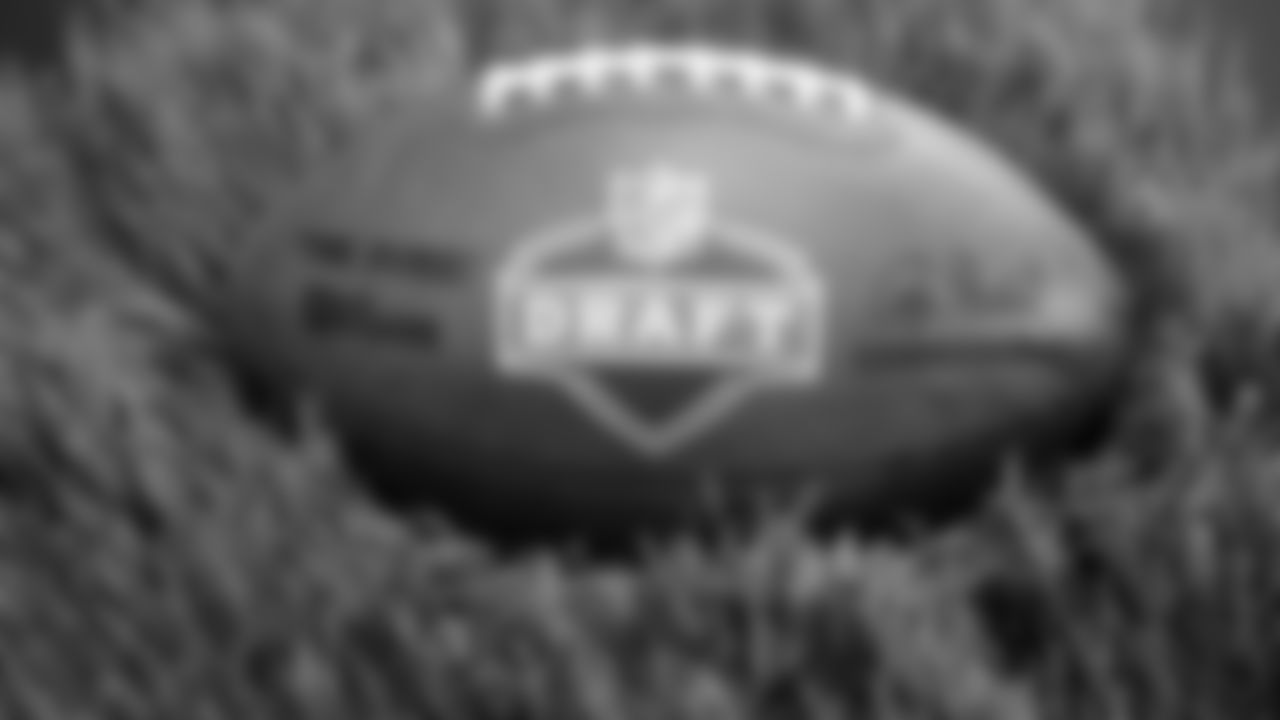

No. 50 Georgia CB Eric Stokes
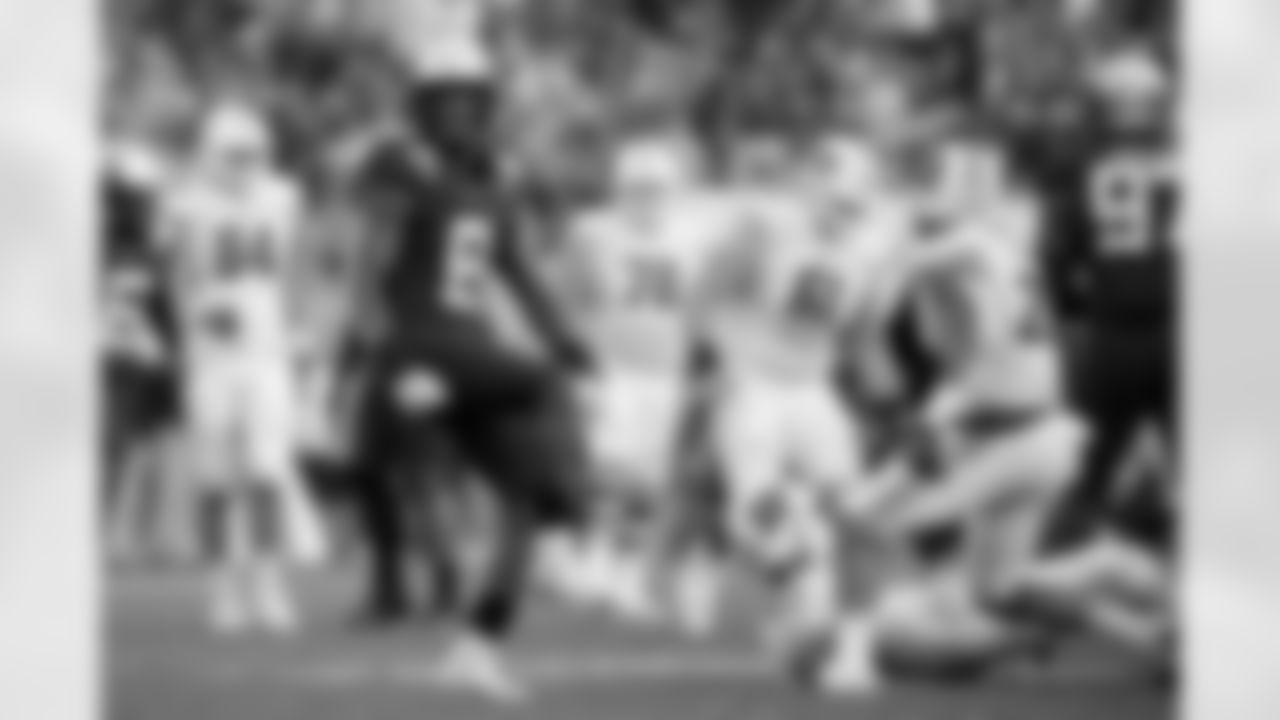
No. 49 Oregon S Jevon Holland

No. 48 LSU WR Terrace Marshall Jr.
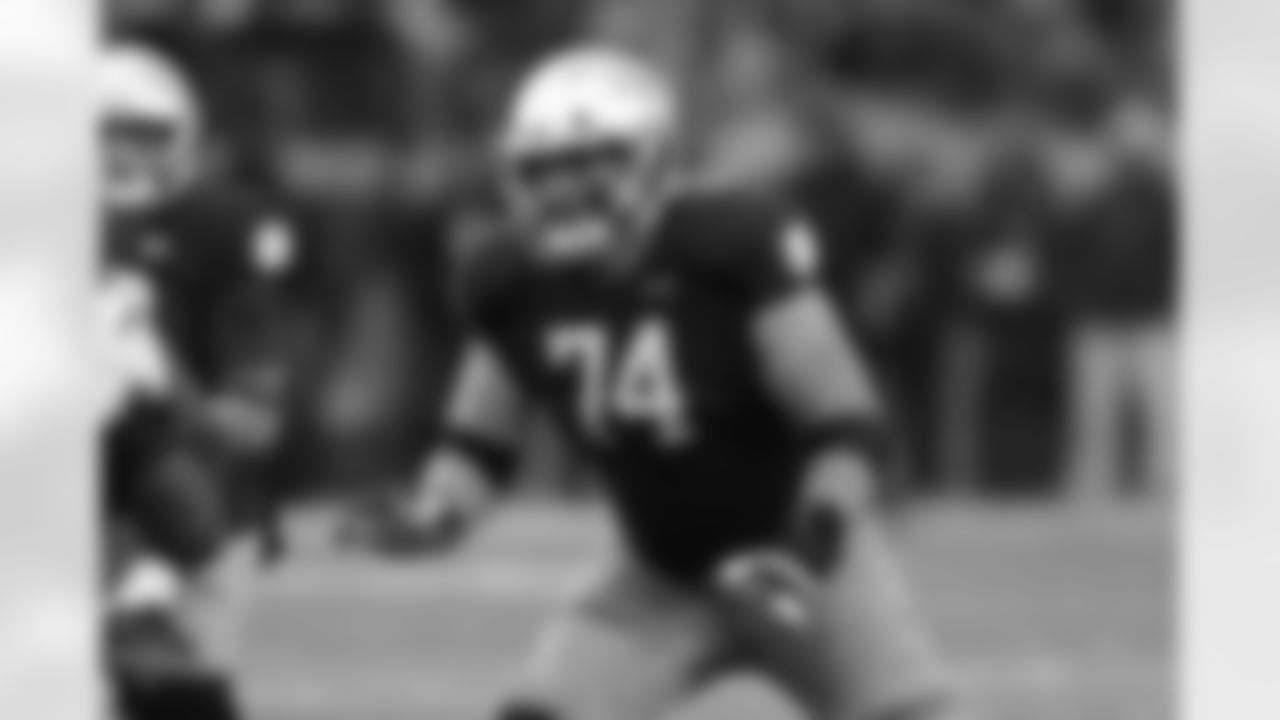
No. 47 Notre Dame OT Liam Eichenberg

No. 46 Penn State TE Pat Freiermuth
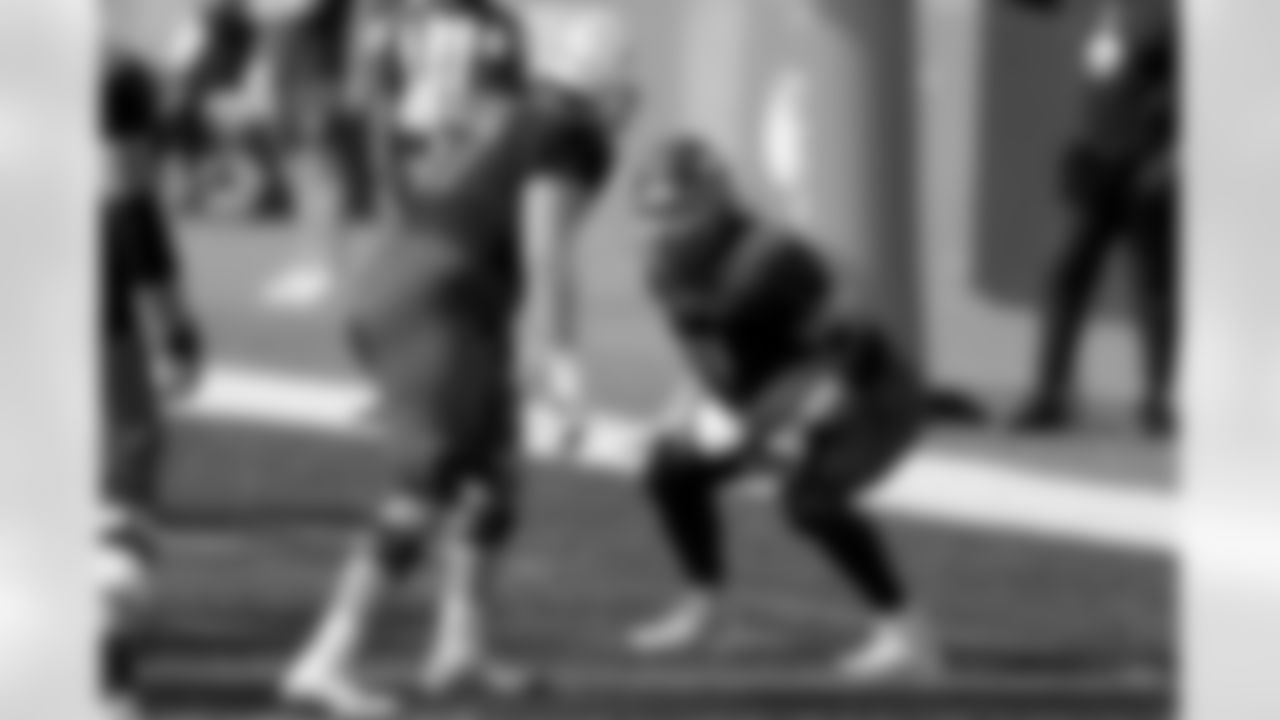
No. 45 Wisconsin-Whitewater IOL Quinn Meinerz
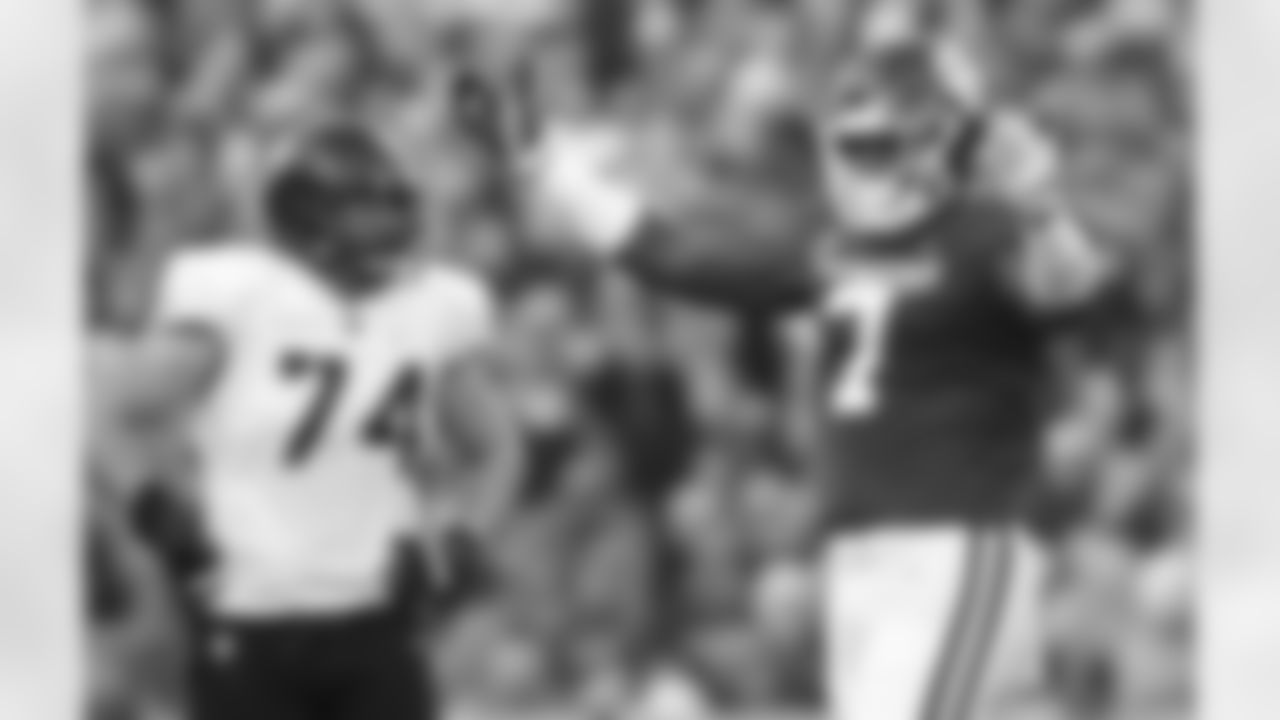
No. 44 Oklahoma EDGE Ronnie Perkins

No. 43 Alabama DT Christian Barmore

No. 42 Houston EDGE Payton Turner
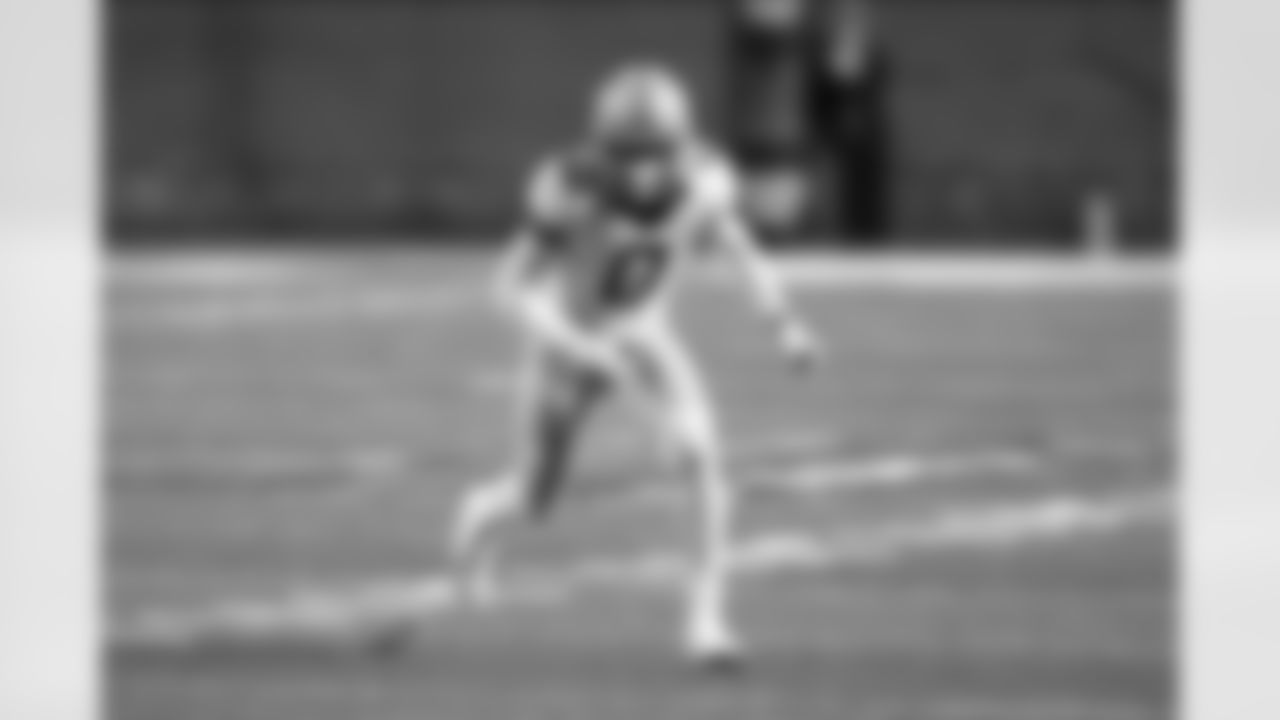
No. 41 Minnesota WR Rashod Bateman

No. 40 Alabama IOL Landon Dickerson
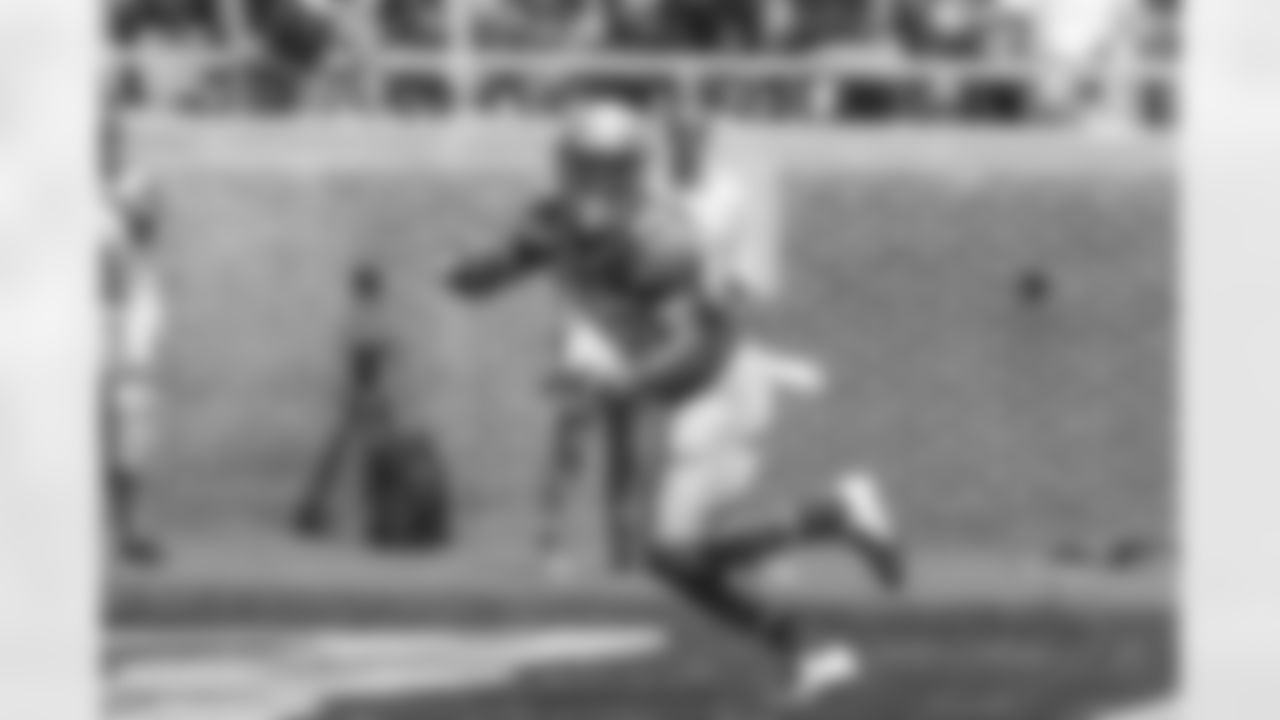
No. 39 Florida State CB Asante Samuel Jr.

No. 38 Virginia Tech OT Christian Darrisaw
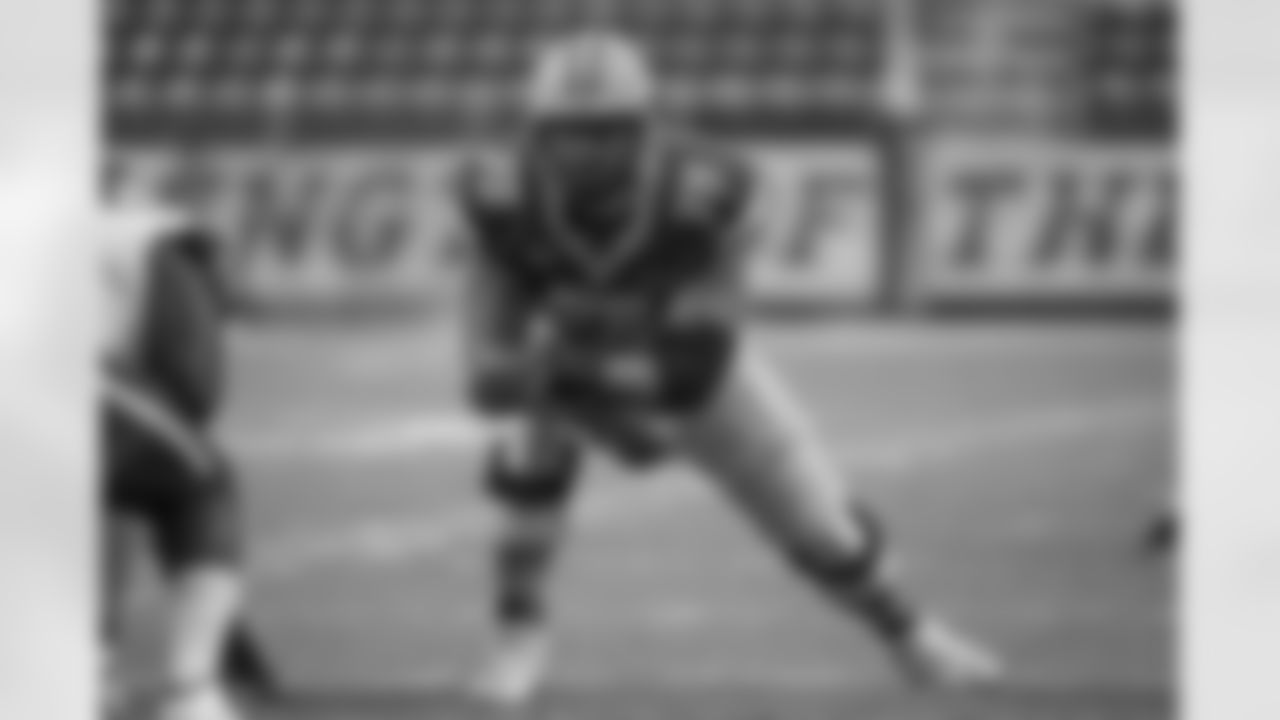
No. 37 North Dakota State OT Dillon Radunz

No. 36 Oklahoma State OT Teven Jenkins

No. 35 Michigan OT Jalen Mayfield

No. 34 Missouri LB Nick Bolton
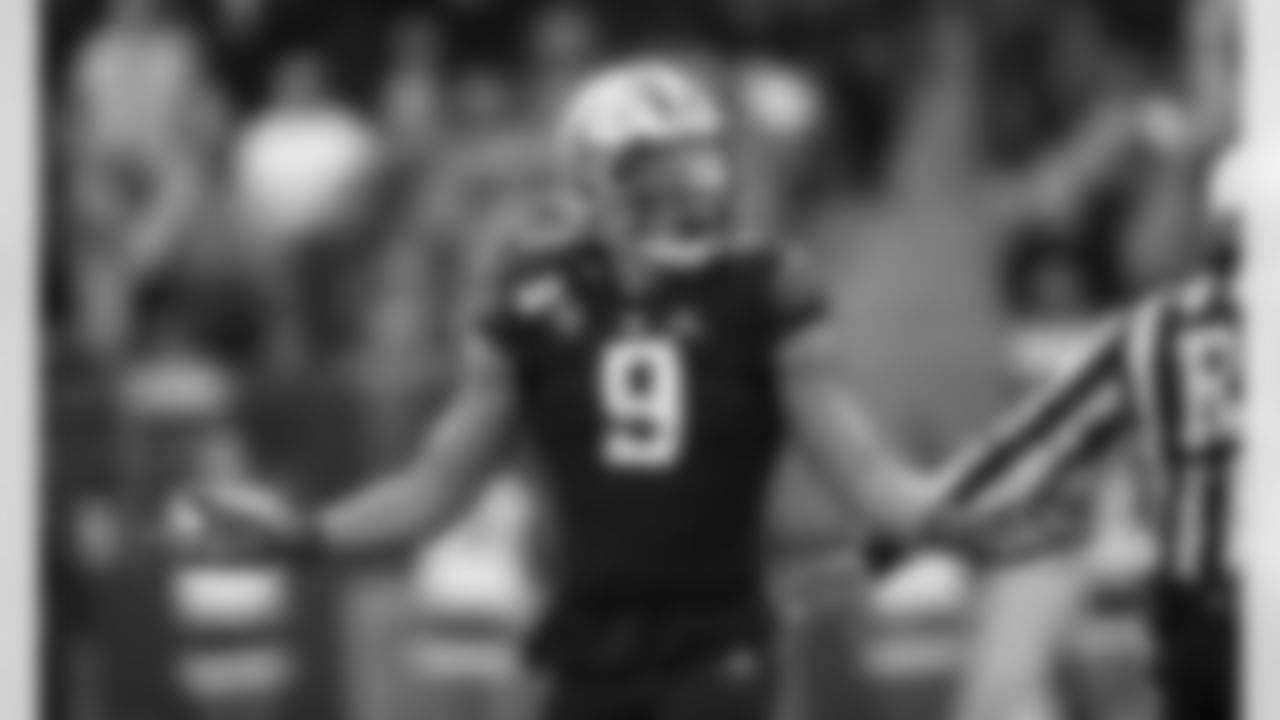
No. 33 Washington EDGE Joe Tryon

No. 32 Alabama QB Mac Jones
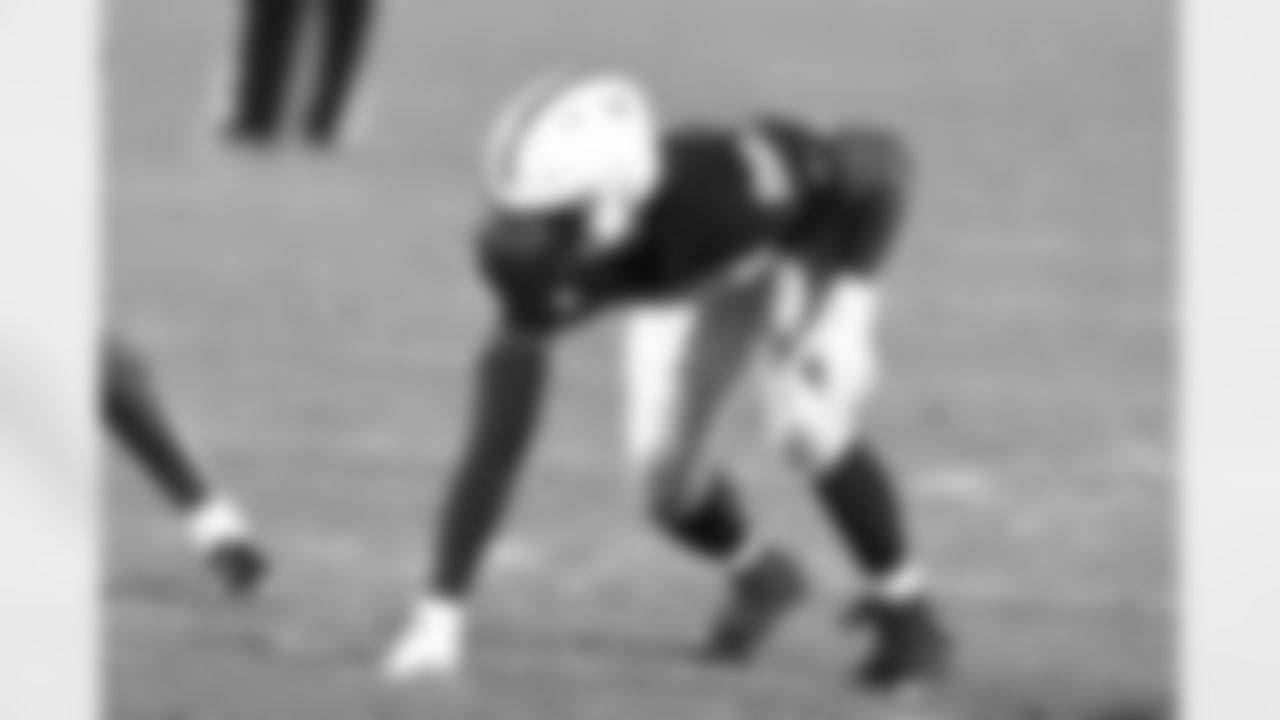
No. 31 Penn State EDGE Jayson Oweh

No. 30 Georgia EDGE Azeez Ojulari

No. 29 Washington DT Levi Onwuzurike
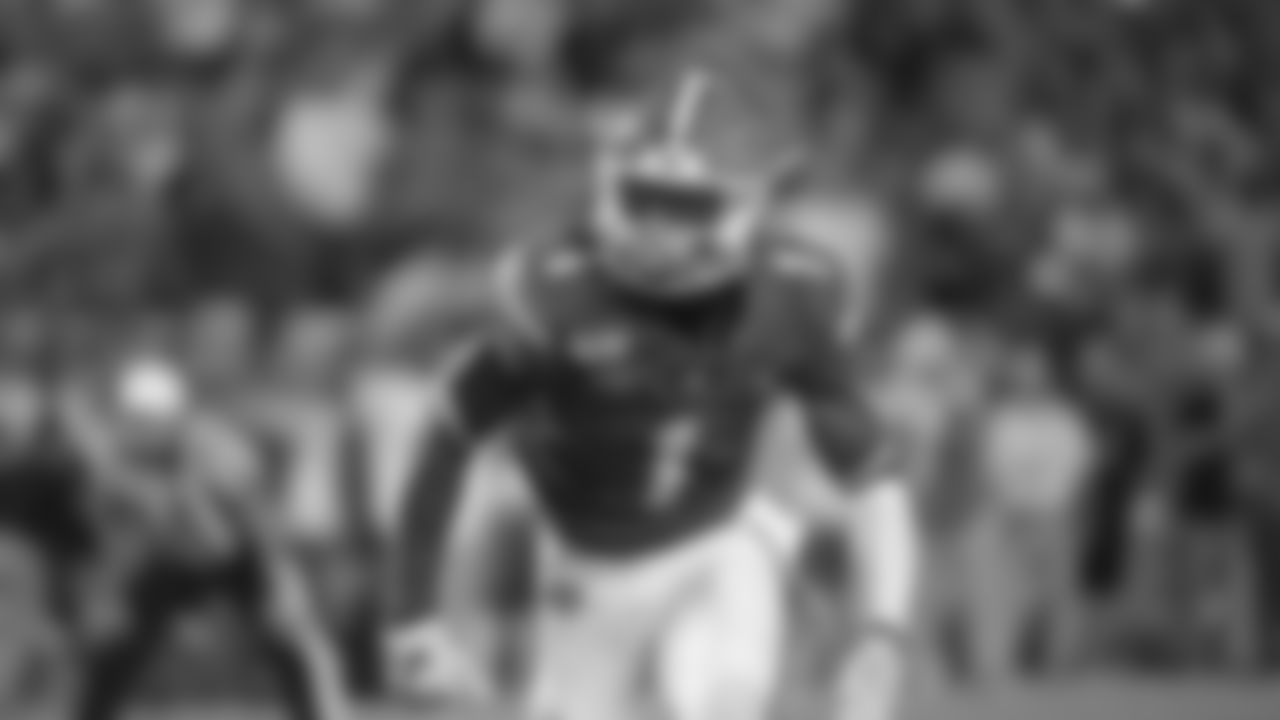
No. 28 Florida WR Kadarius Toney

No. 27 Northwestern CB Greg Newsome II

No. 26 Mississippi WR Elijah Moore
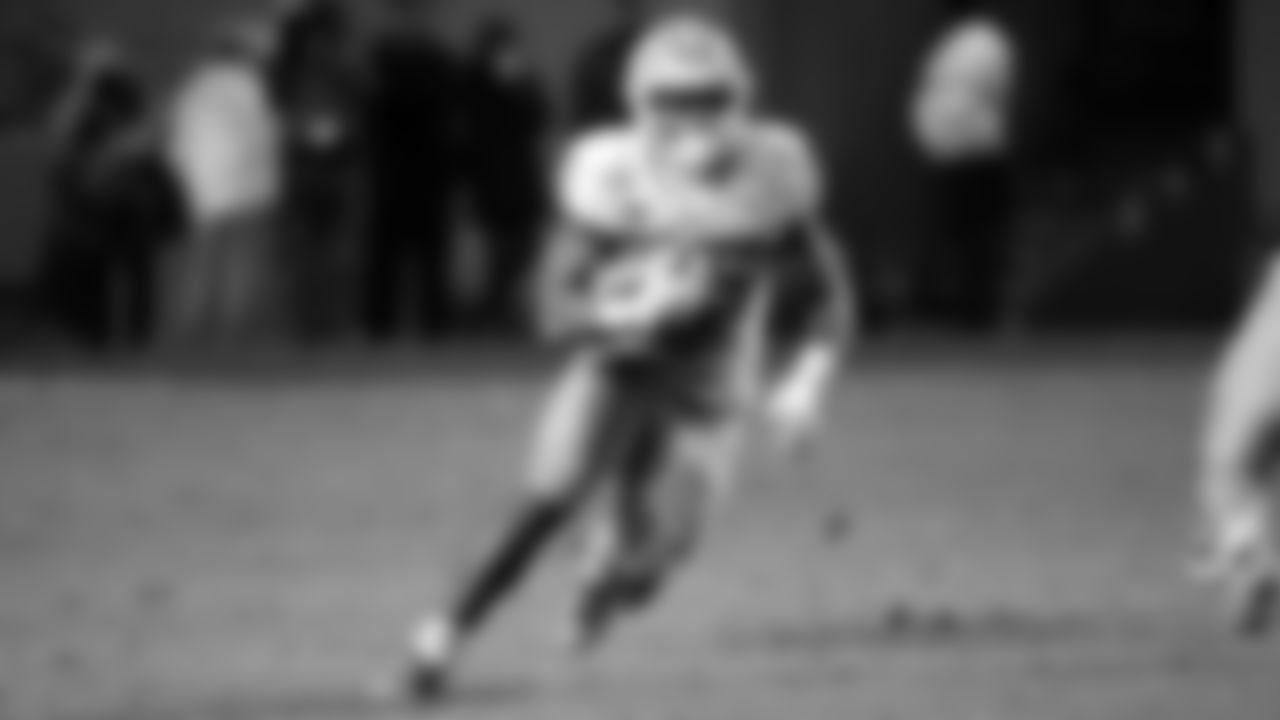
No. 25 North Carolina RB Javonte Williams
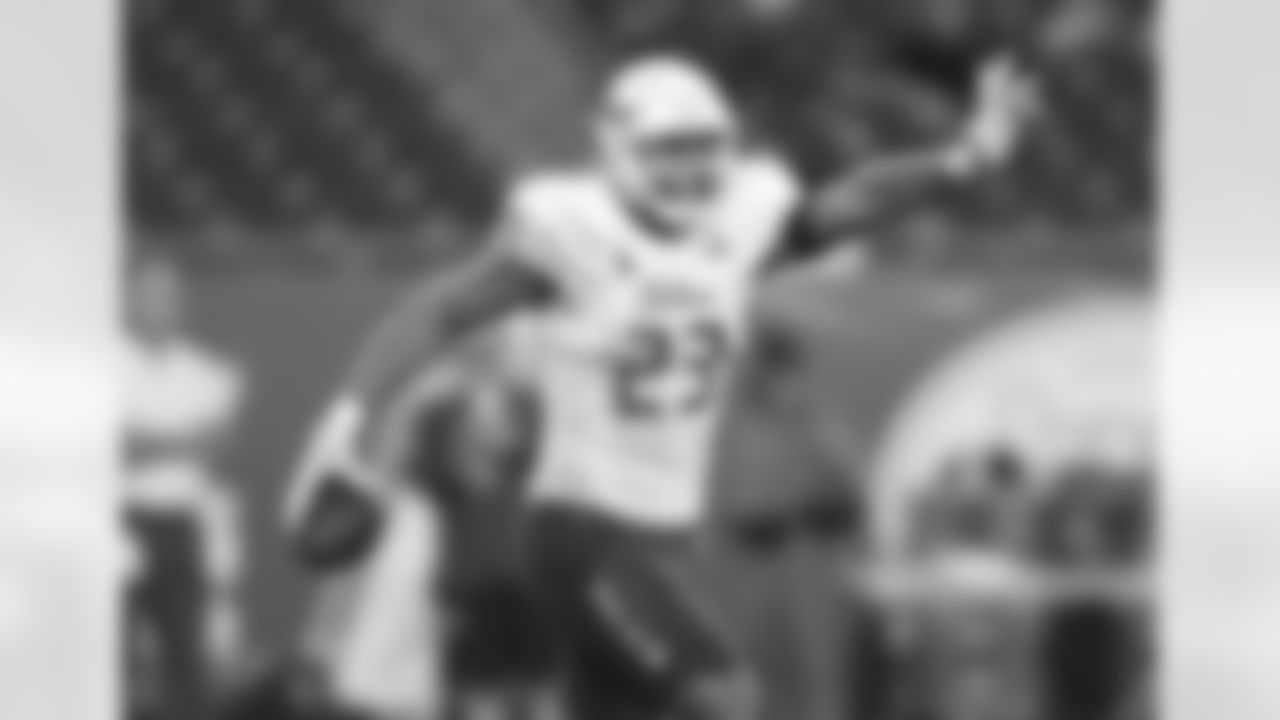
No. 24 Tulsa LB Zaven Collins

No. 23 Kentucky LB Jamin Davis
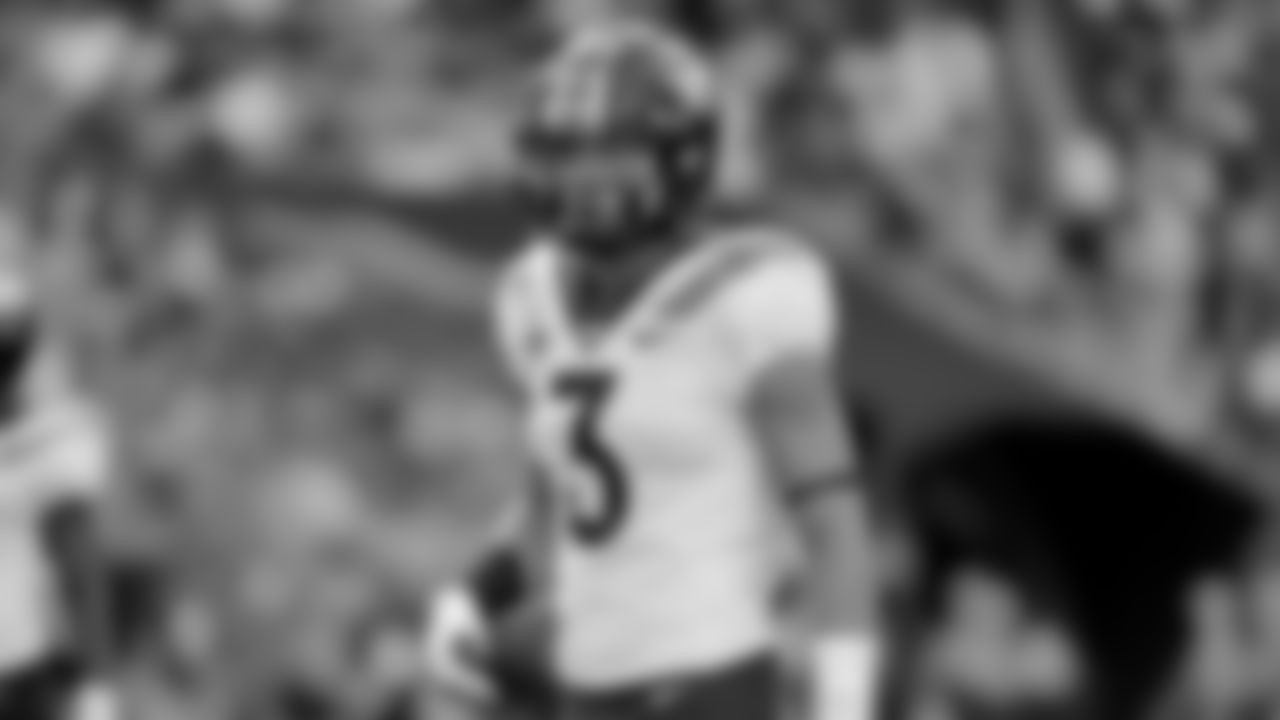
No. 22 Virginia Tech CB Caleb Farley

No. 21 Miami EDGE Jaelan Phillips
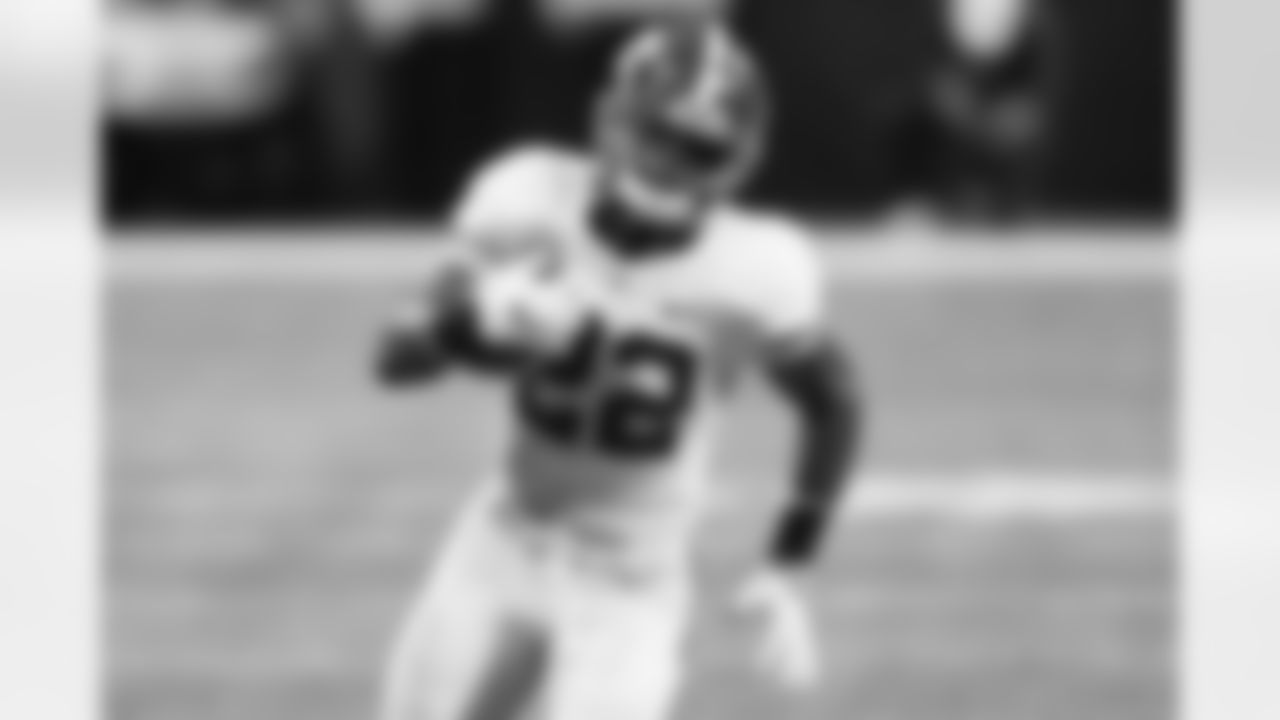
No. 20 Alabama RB Najee Harris
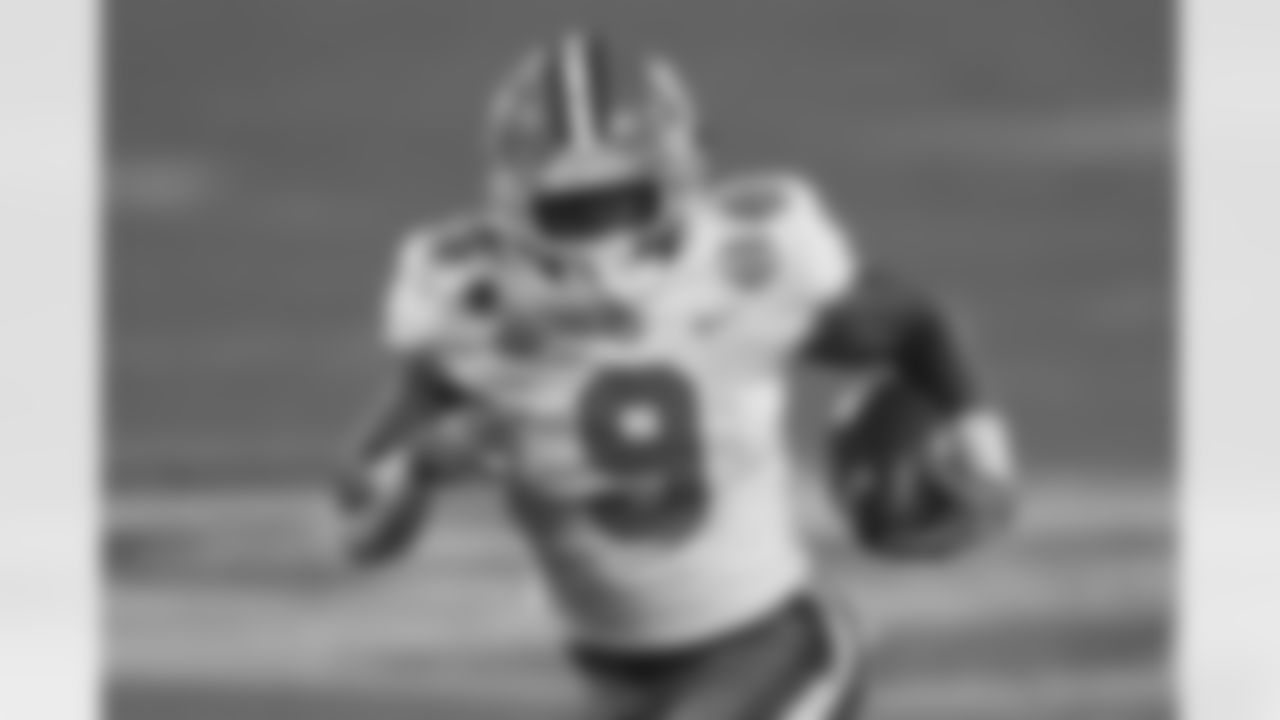
No. 19 Clemson RB Travis Etienne
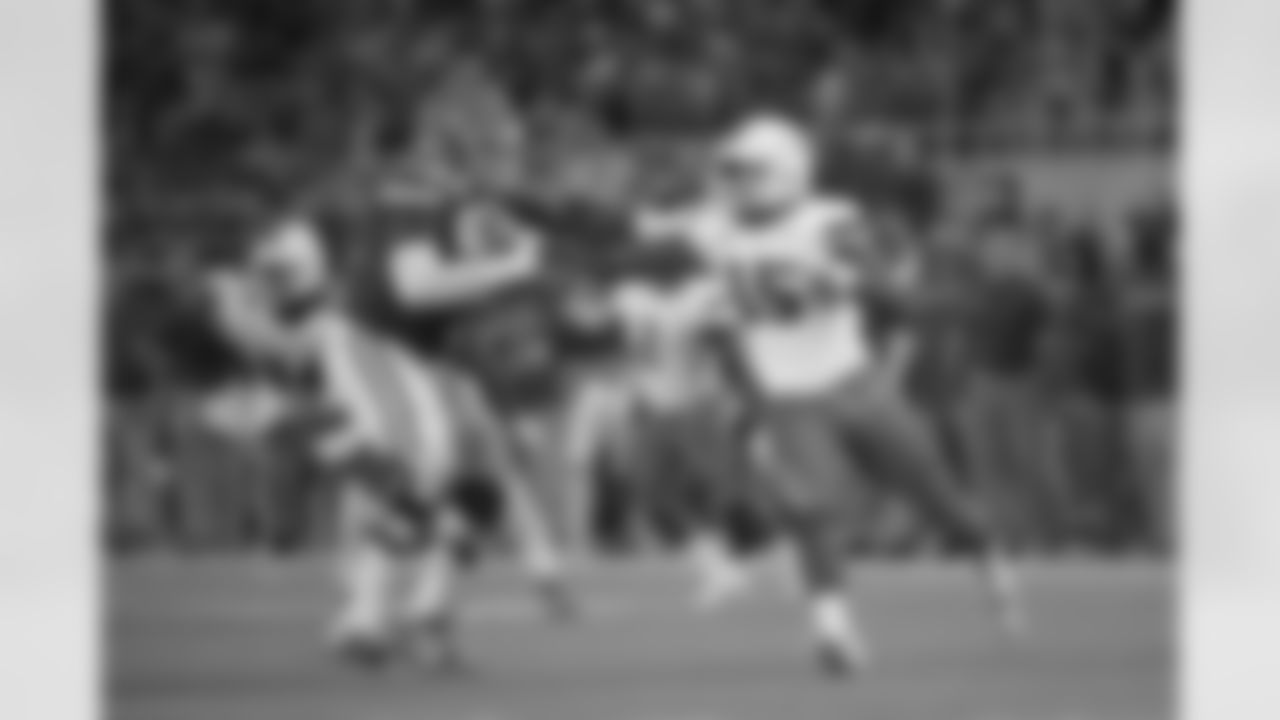
No. 18 Miami EDGE Gregory Rousseau
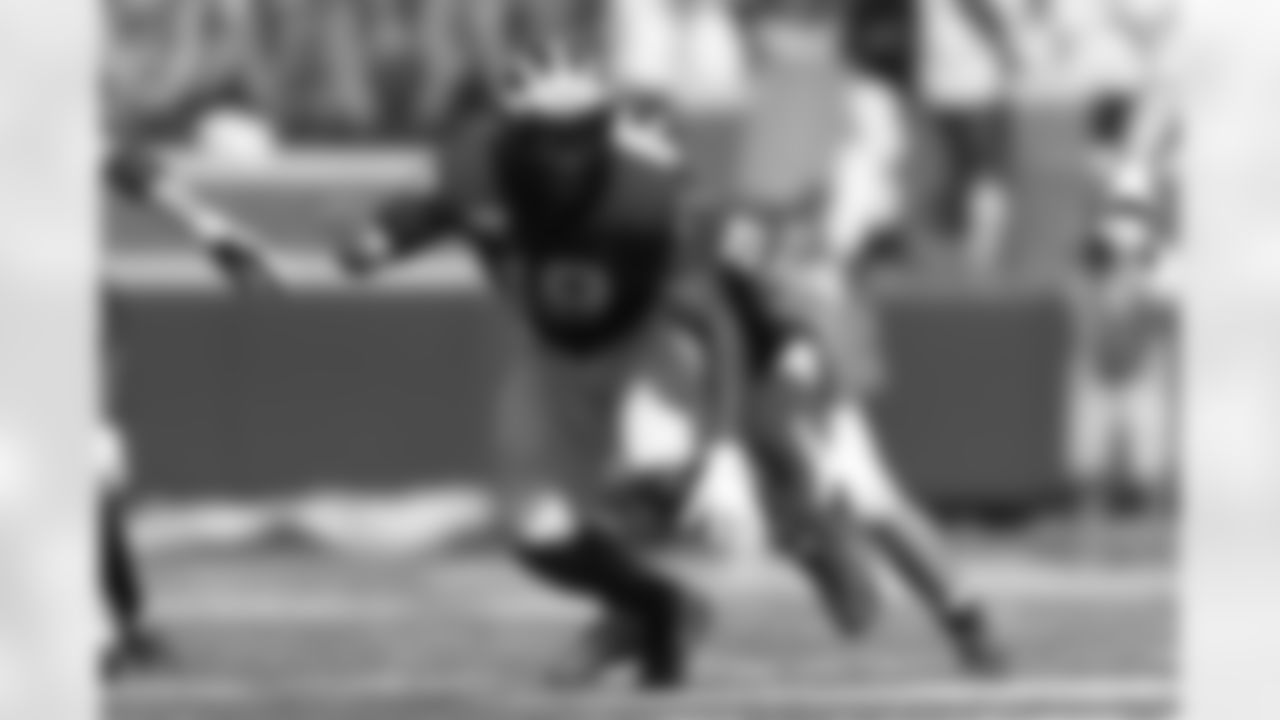
No. 17 Michigan EDGE Kwity Paye
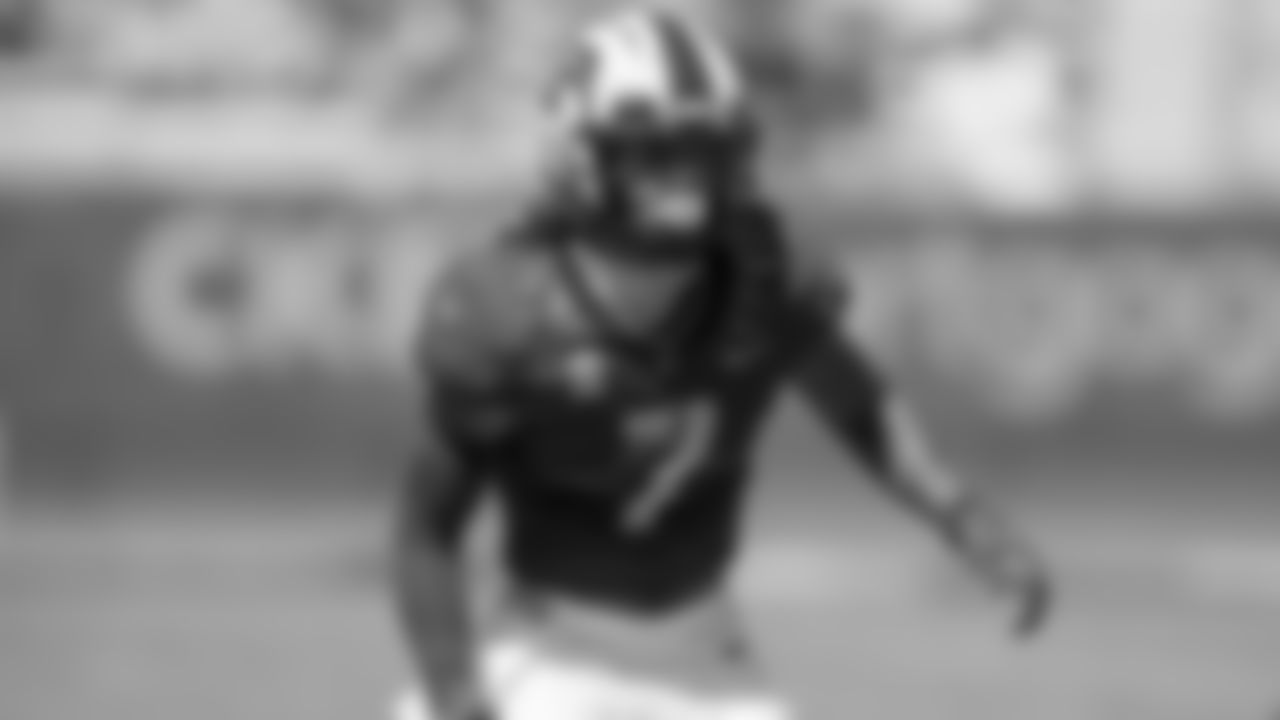
No. 16 TCU S Trevon Moehrig
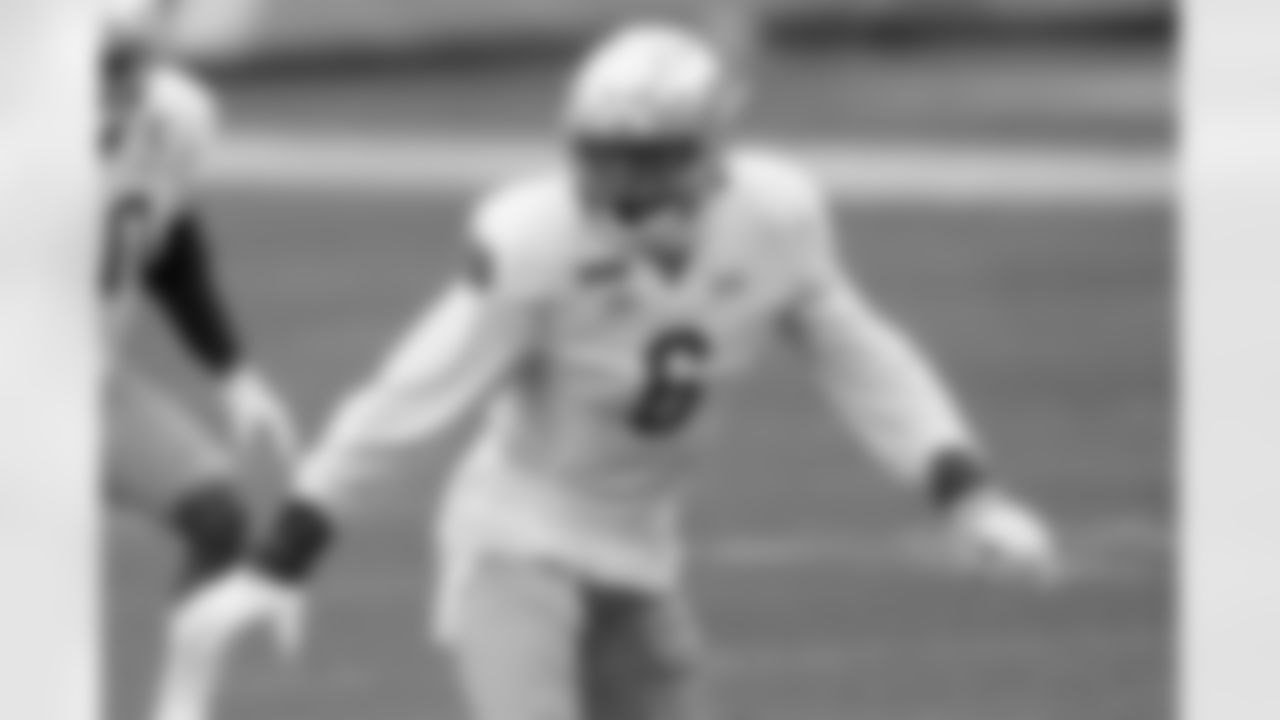
No. 15 Notre Dame LB Jeremiah Owusu-Koramoah
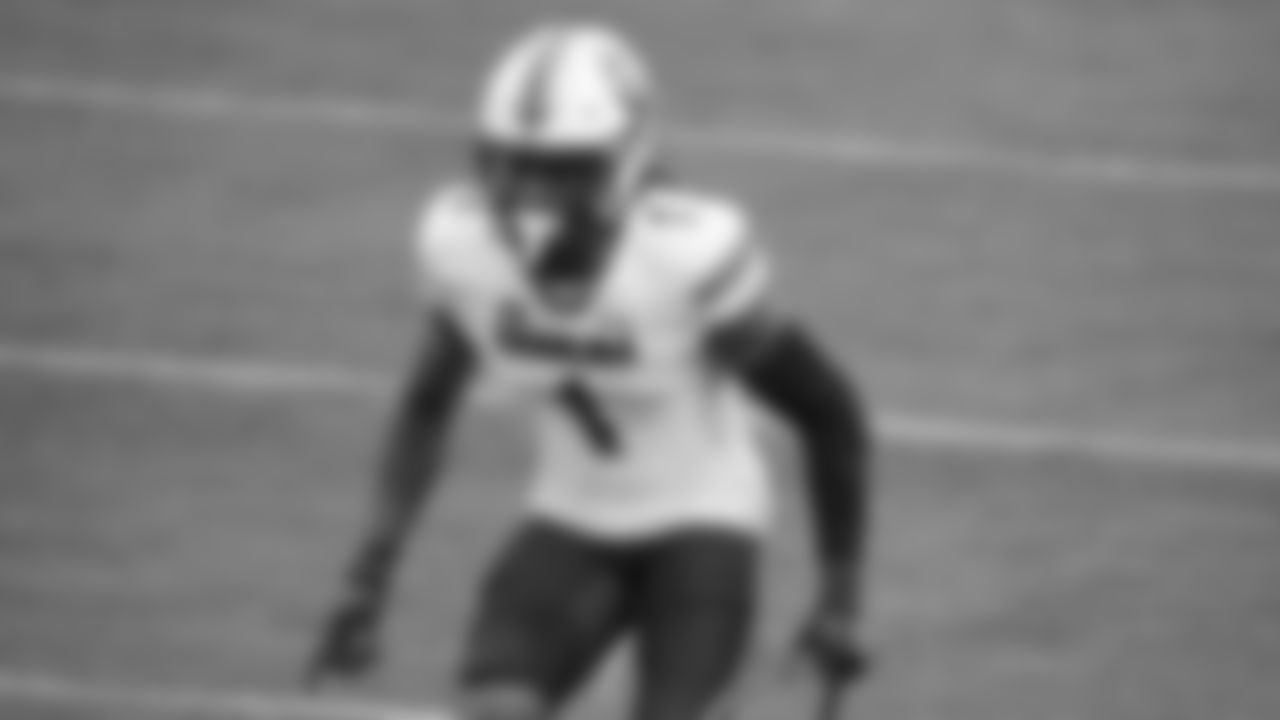
No. 14 South Carolina CB Jaycee Horn
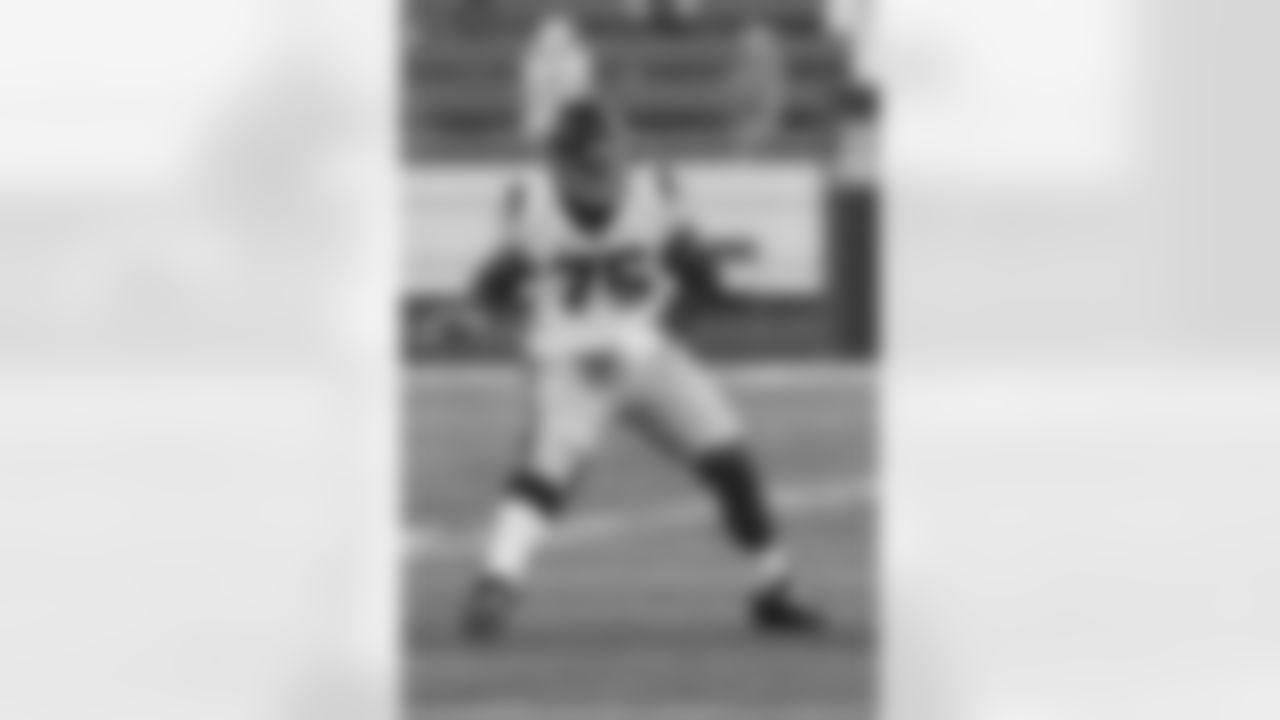
No. 13 USC OL Alijah Vera-Tucker

No. 12 Penn State LB Micah Parsons

No. 11 Oregon OT Penei Sewell

No. 10 Northwestern OT Rashawn Slater
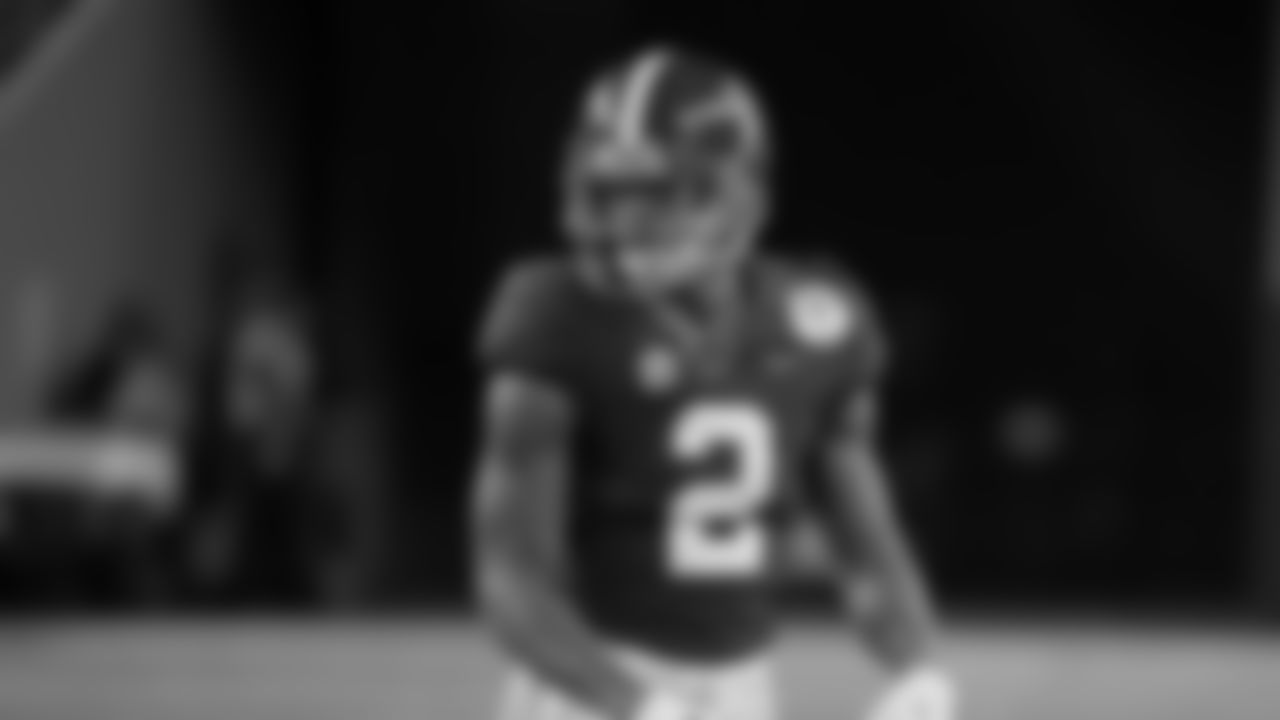
No. 9 Alabama CB Patrick Surtain II
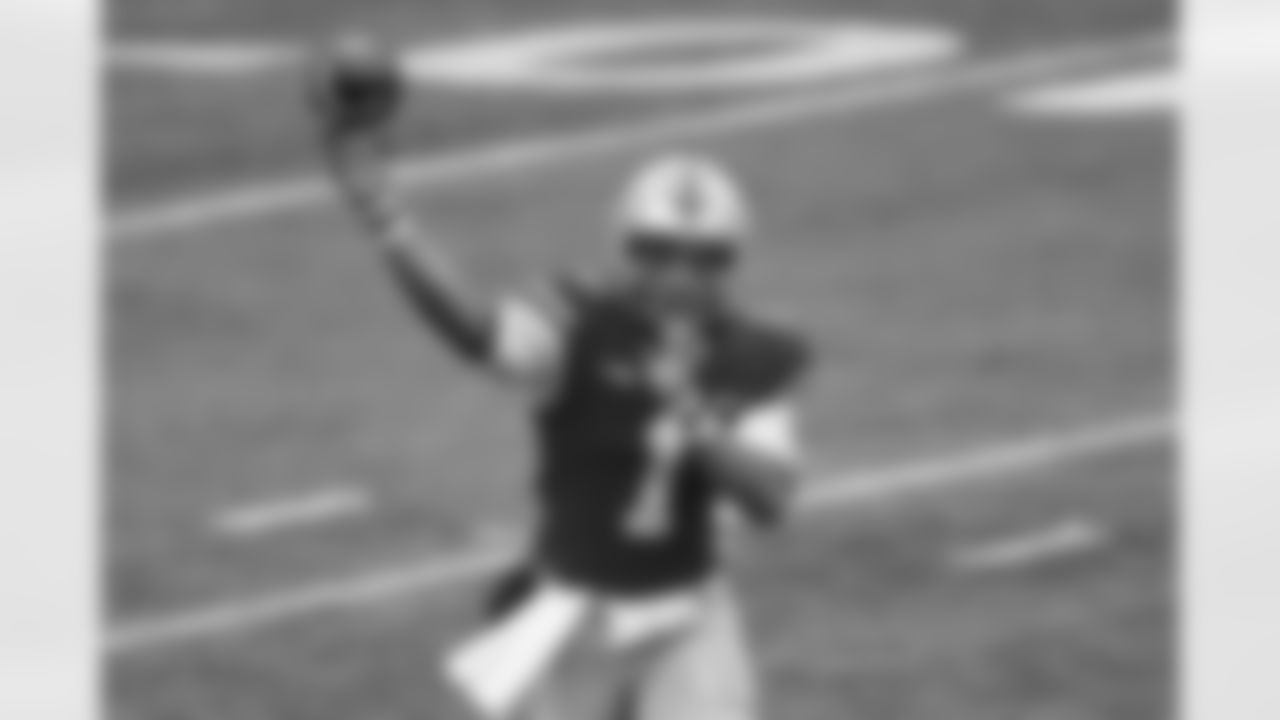
No. 8 Ohio State QB Justin Fields
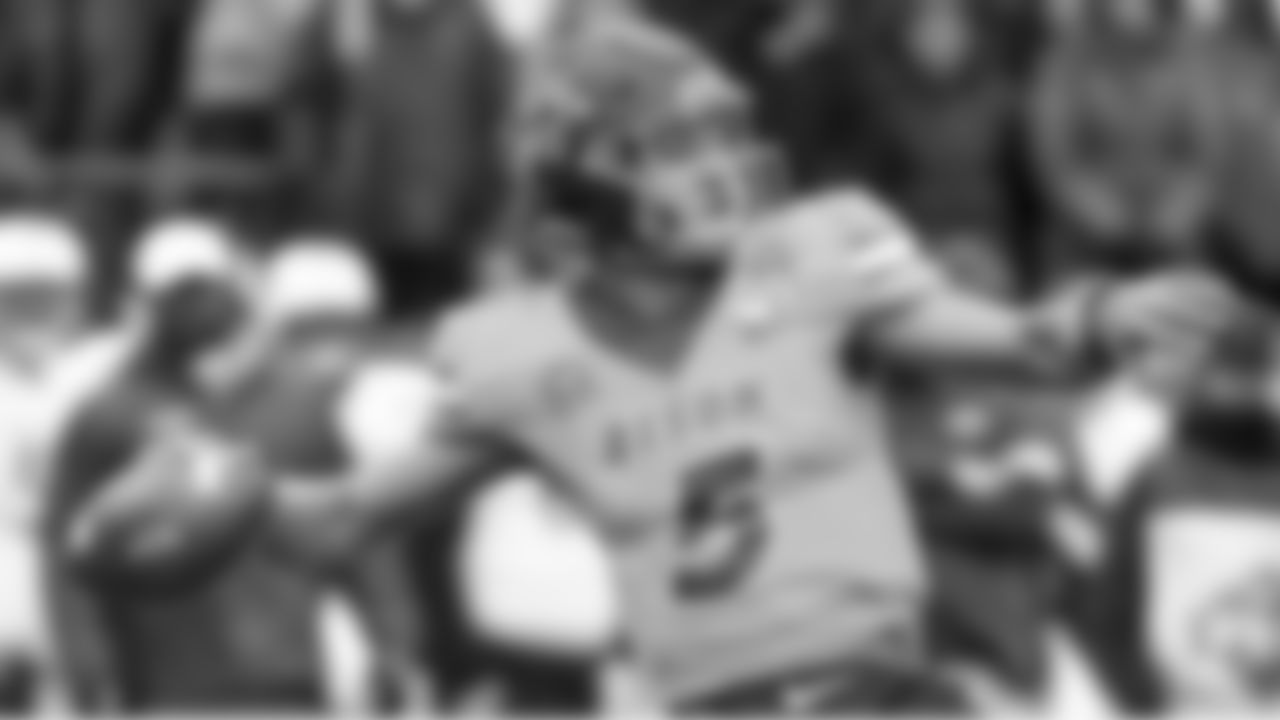
No. 7 North Dakota State QB Trey Lance
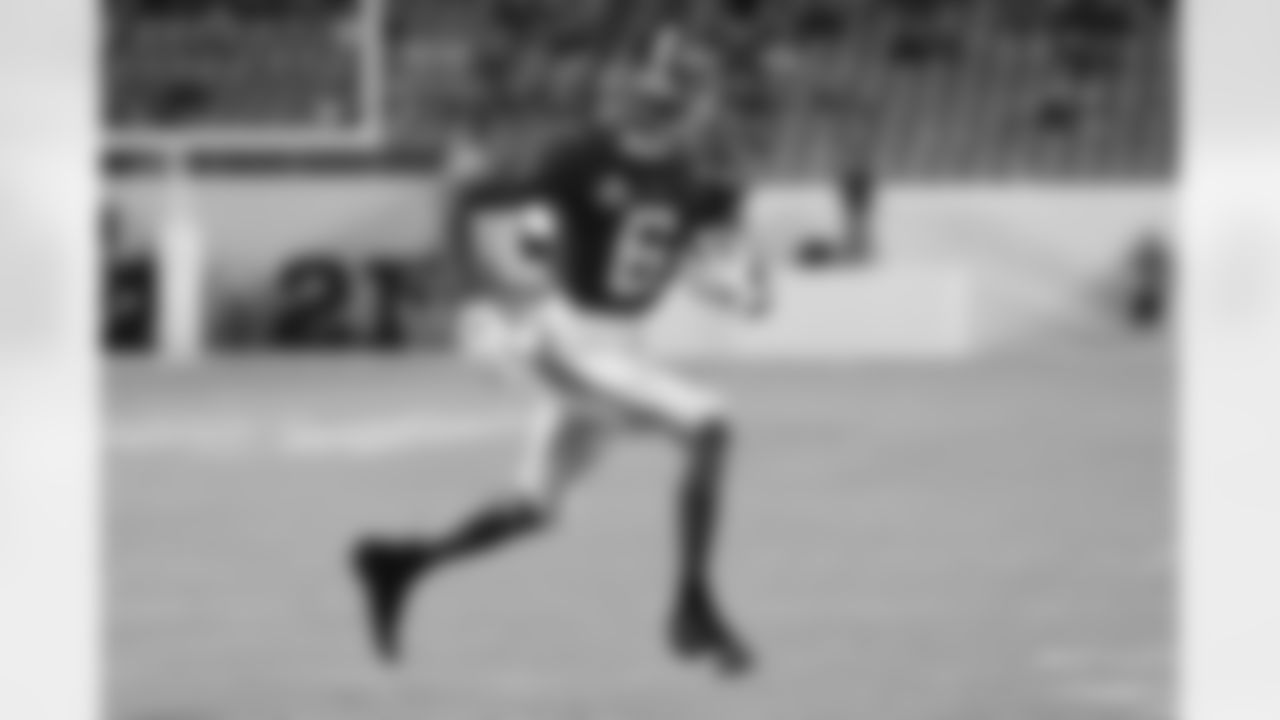
No. 6 Alabama WR DeVonta Smith

No. 5 Alabama WR Jaylen Waddle
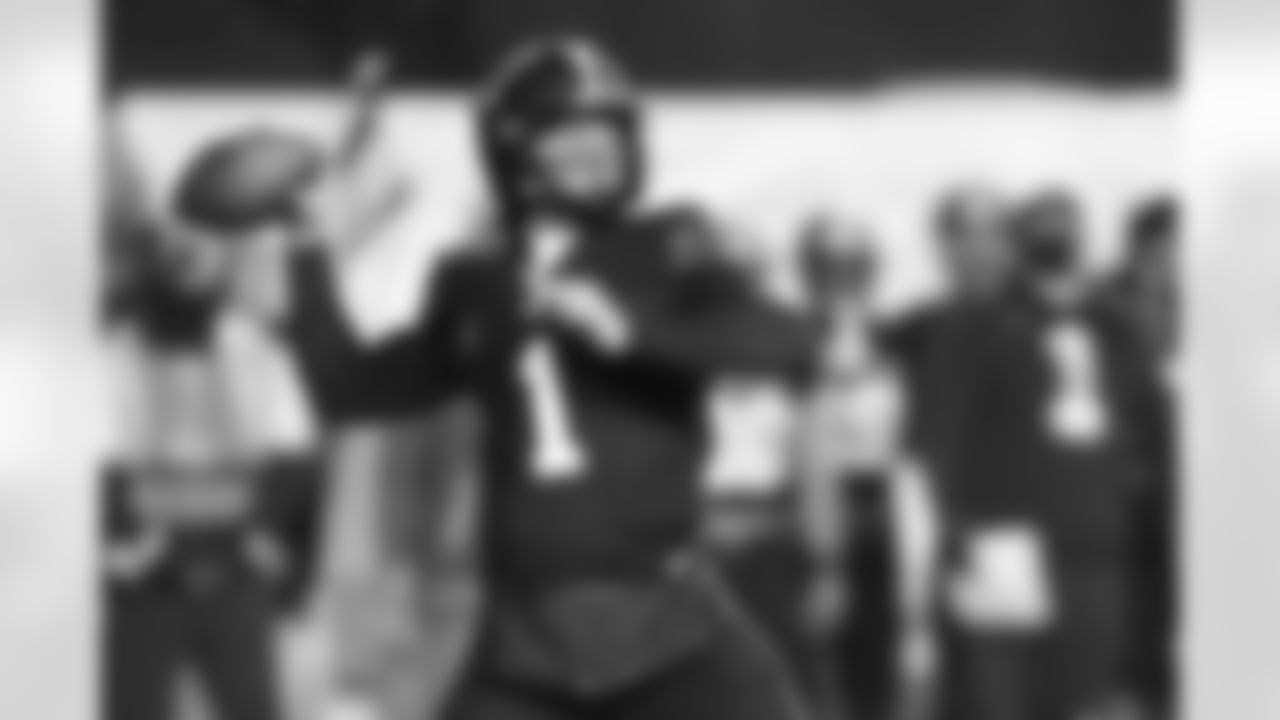
No. 4 BYU QB Zach Wilson
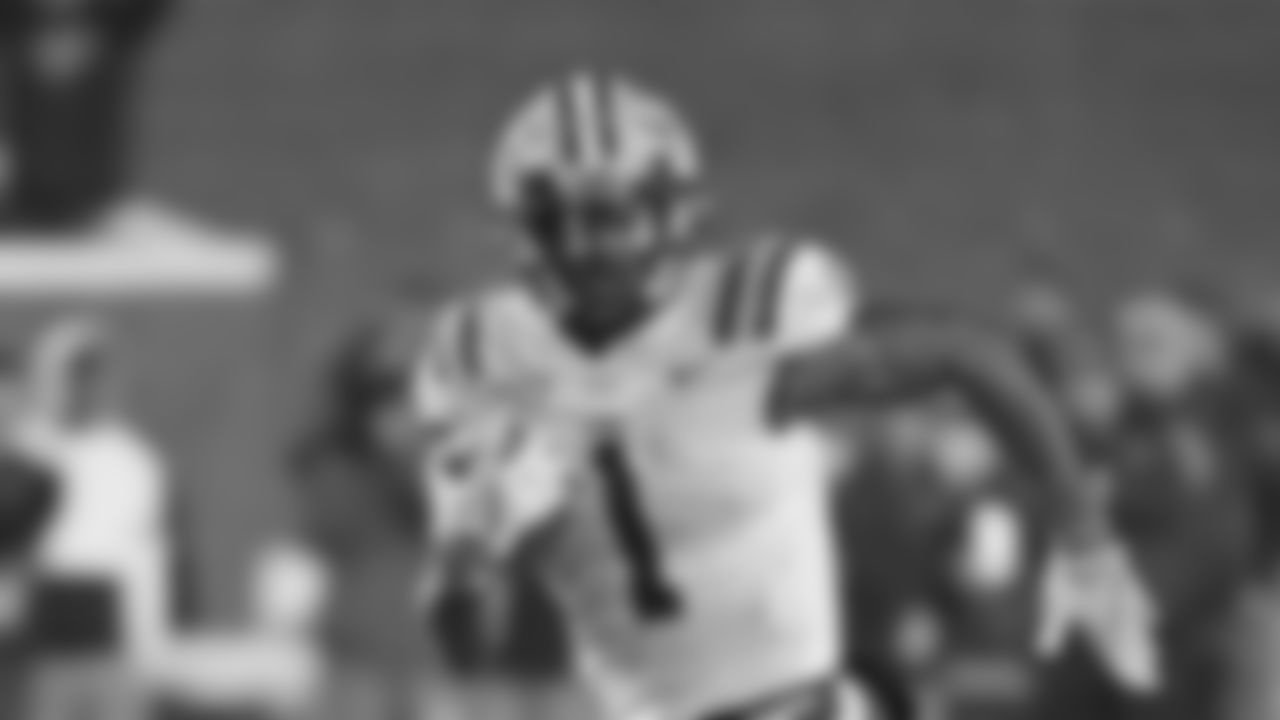
No. 3 LSU WR Ja'Marr Chase

No. 2 Florida TE Kyle Pitts

No. 1 Clemson QB Trevor Lawrence



















